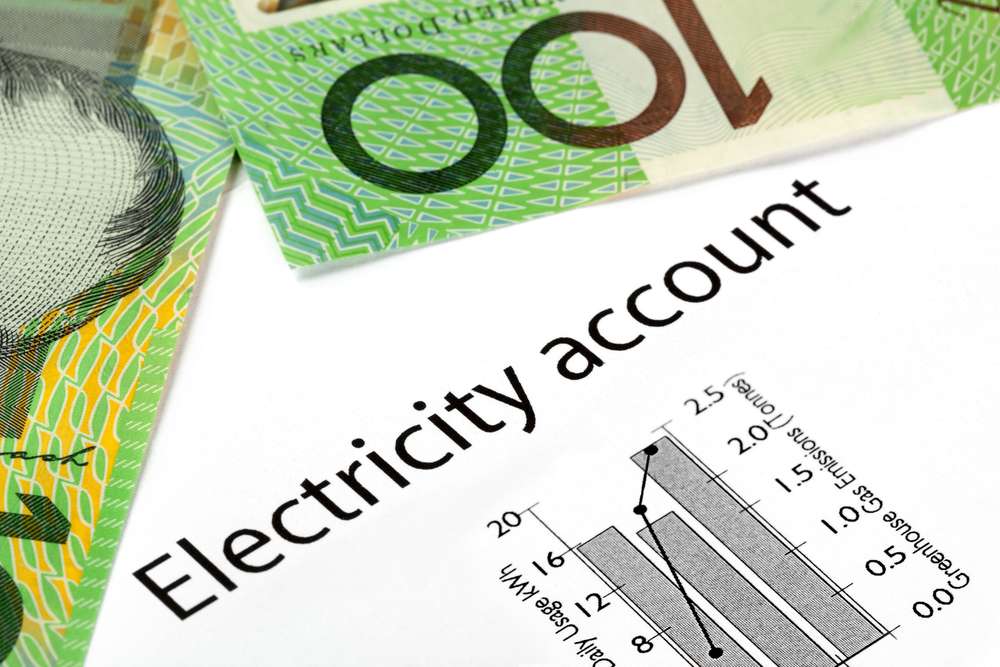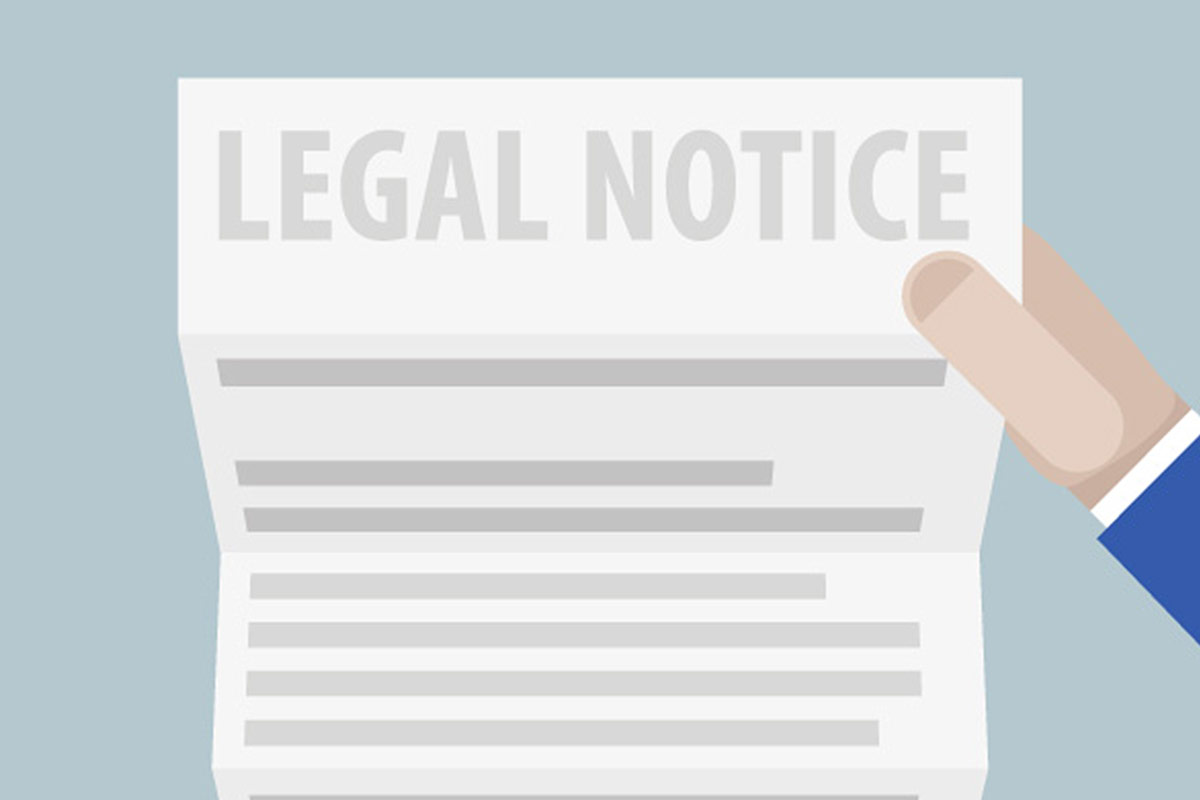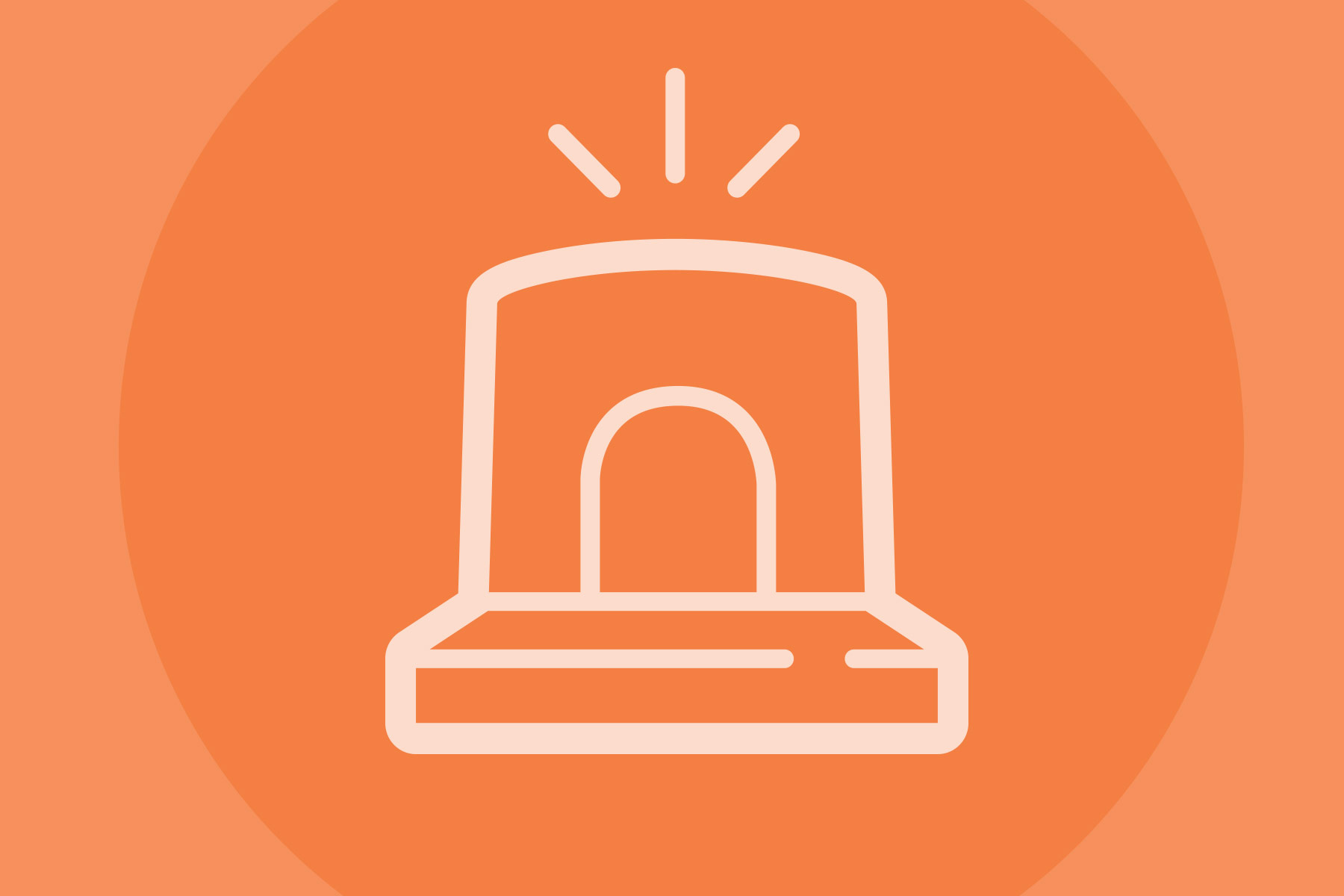Credit Card Debt Help
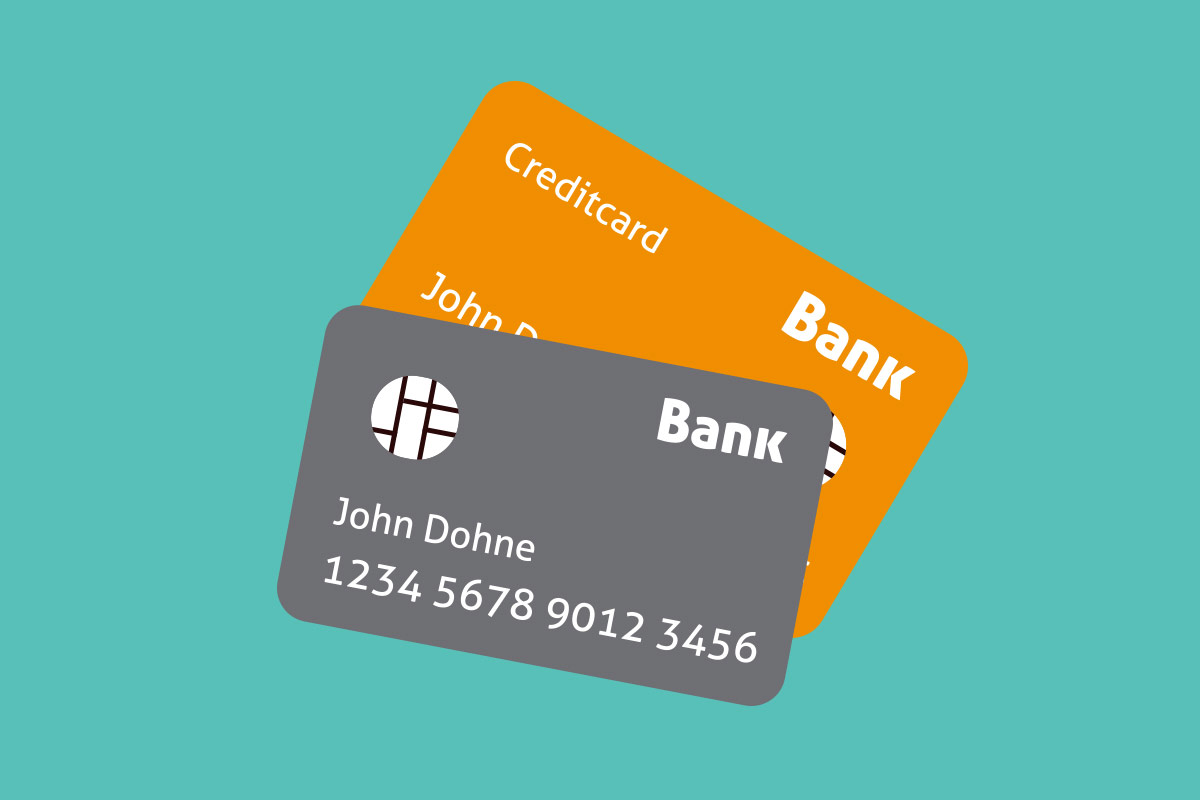
A lot of people use credit cards to buy goods online or for everyday purchases, but if you cannot afford to pay off your credit card in full at the end of the month, you will be paying a high interest on your purchases, which can add up over time.
Paying just the minimum monthly balance on your credit card is a slow and expensive way to reduce the debt. If you can't even afford the minimum, then it can cost you further in fees and charges. If you fall behind, ultimately the bank may start legal action to recover money from you.
If you want to get out of credit card debt, it is not easy, but it is possible.
There are a number of strategies you can use to take back control of your financial life and work towards financial freedom.
Top tips for getting out of credit card debt
- Work out a budget to see how much money you can pay when you receive income off your credit card debt.
- Set up an emergency fund – allocate $500-$1,000 in a bank account you can use for emergencies while paying off your credit cards. This way you are not tempted to use the money from your credit card again.
- Consider selling some items - look around your house. Are there any items you could sell to quickly save money for your emergency fund?
- Earn some more money - could you find some extra work for a few weeks to save up the money you need?
- Speak to the bank and see if they can offer a lower interest rate on your debt to assist you in paying it off.
- Use a debit card for future purchases. A debit card uses your own money and can be used for online purchases.
Financial hardship
If you cannot afford to make any payments and it is impacting your ability to pay for basic living expenses, you can either apply for financial hardship with your bank or contact a financial counsellor for advice.
If you are not happy with the response from your bank, you can ask to speak to your bank’s internal dispute resolution contact to lodge a complaint. If your complaint is not resolved, you can then lodge a complaint with the Australian Financial Complaints Authority (AFCA).
How to contact a Financial Counsellor
You can speak to a financial counsellor for further advice through the National Debt Helpline 1800 007 007. This is a free and confidential service.
How to lodge a complaint
To lodge a dispute with the Ombudsman, you can visit the Australian Financial Complaints Authority (AFCA) at www.afca.org.au. This is an independent dispute resolution service where a case manager will be appointed to work with you and your bank to seek a suitable outcome.

